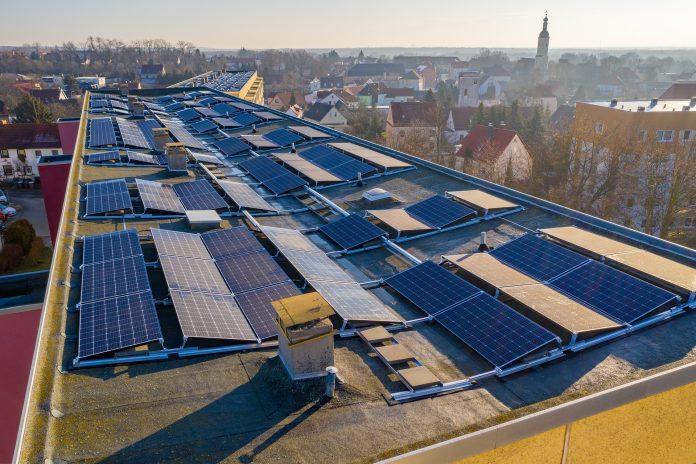Climate change has emerged as one of the most pressing challenges of our time, with far-reaching consequences for the planet and its inhabitants. As the world seeks to transition to a sustainable and low-carbon future, renewable energy sources have gained significant attention.
Solar Energy
Among these, solar energy has emerged as a key player in combatting climate change. Harnessing the power of the sun offers numerous benefits and can play a pivotal role in mitigating greenhouse gas emissions and reducing our reliance on fossil fuels. Here’s a look at the importance of solar energy in combating climate change:
Renewable and Clean:
Solar energy is a renewable resource that harnesses the power of the sun to generate electricity. Unlike fossil fuels, which are finite and contribute to greenhouse gas emissions when burned, solar energy is clean and does not release harmful pollutants into the atmosphere. By utilizing solar power, we can significantly reduce our carbon footprint and mitigate the adverse effects of climate change.
Mitigating Greenhouse Gas Emissions:
The burning of fossil fuels for electricity and heat production is a major contributor to greenhouse gas emissions, primarily carbon dioxide (CO2). Solar energy systems produce electricity without any direct emissions, offering a viable alternative to traditional energy sources. By transitioning to solar power, we can reduce CO2 emissions and combat global warming.
Renewable Energy Transition:
Solar energy plays a crucial role in transitioning from fossil fuels to renewable energy sources. By investing in solar infrastructure, countries can diversify their energy mix, reduce dependency on imported fuels, and enhance energy security. Solar power can be harnessed on various scales, from small-scale residential installations to large-scale utility projects, making it a versatile and adaptable solution.
Job Creation and Economic Benefits:
The widespread adoption of solar energy creates employment opportunities across the value chain. From manufacturing and installation to maintenance and research, the solar industry stimulates economic growth and job creation. Moreover, by investing in solar energy, countries can reduce their reliance on expensive imported fuels, leading to cost savings and energy independence.
Distributed Generation and Resilience:
Solar energy systems can be deployed in a distributed manner, with installations spread across rooftops, open spaces, and even integrated into building materials. This decentralized approach reduces transmission and distribution losses associated with long-distance energy transport and enhances grid resilience. Localized solar systems also offer communities greater control over their energy supply and can contribute to disaster resilience during power outages.
Long-Term Cost Savings:
While the upfront costs of installing solar panels may be higher, the long-term benefits include significant cost savings on electricity bills. As solar technology advances and economies of scale come into play, the cost of solar installations continues to decline. This makes solar energy an increasingly cost-competitive option compared to traditional energy sources, particularly in regions with ample sunlight.
Technological Advancements and Innovation:
The growth of solar energy has spurred significant advancements in technology, such as more efficient photovoltaic panels, energy storage solutions, and smart grid integration. Ongoing research and development in the solar sector continue to drive innovation, making solar energy even more efficient, affordable, and accessible.
Global Potential:
Solar energy has immense global potential, as sunlight is abundant in many regions of the world. Countries located closer to the equator, in particular, have ample solar panel resources that can be tapped to meet their energy needs sustainably. By harnessing solar energy on a global scale, we can accelerate the transition to clean energy and make significant progress in combatting climate change.
Conclusion
In conclusion, solar energy represents a vital solution in combating climate change and transitioning to a sustainable future. Its renewable nature, minimal environmental impact, and significant potential for reducing greenhouse gas emissions make it an indispensable part of the global energy mix.
By embracing solar energy and investing in its development, we can mitigate climate change, create a cleaner and healthier environment, and build a more sustainable and resilient future for generations to come.
